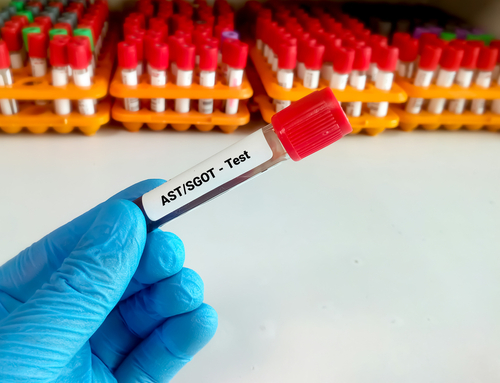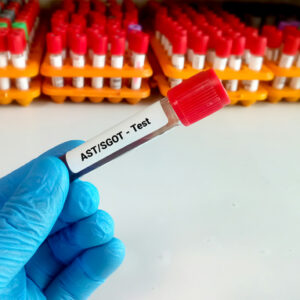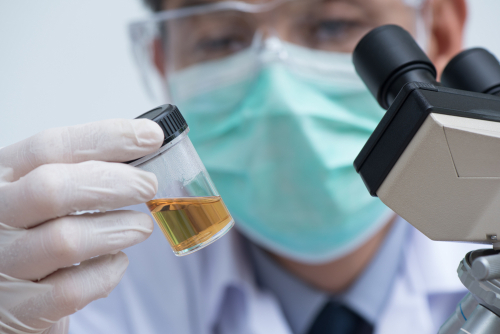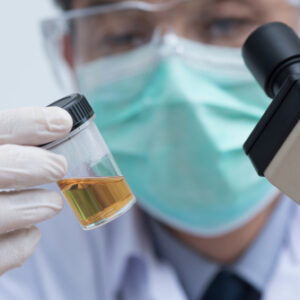What is Creatinine and how is it measured?
It is carried out through the bloodstream to the kidneys. Healthy kidneys filter creatinine out of the blood and it is excreted in the urine. Measurement of creatinine in blood or urine provides clues on how well the kidneys are working. An increase in creatinine level signifies impaired kidney function or kidney disease. As the kidneys become impaired for any reason, the creatinine level in the blood will rise due to poor clearance of creatinine by the kidneys.
Normal ranges for Creatinine levels
For adult men, it is 0.74 to 1.35 mg/dL (65.4 to 119.3 micromoles/L).
For adult women, it is 0.59 to 1.04 mg/dL (52.2 to 91.9 micromoles/L).
What could cause a high/ low Creatinine levels in the body?
Possible causes of a higher creatinine level include:
- Kidney damage or kidney failure
- KIdney infection
- Reduced blood flow to the kidneys
- Dehydration
Low creatinine levels can be caused by:
- Muscle diseases, such as muscular dystrophy wherein there is muscle weakness, muscle stiffness and pain, and inturn decreased mobility.
- A liver disease. Poor liver function interferes with creatine production, which can cause low creatinine. Symptoms include jaundice, abdominal pain and swelling, and pale, bloody, or tar-colored stools.
- Excess water loss. Pregnancy, and certain medications can temporarily cause this.
What are the health risks of abnormal creatinine levels?
Abnormal creatinine levels may be a sign of underlying kidney disease/conditions, which may contribute to decreased kidney function like:
- diabetes
- high blood pressure
- thyroid disease
- autoimmune diseases
- bacterial infection of the kidneys
- a blocked urinary tract
- a family history of kidney disease
How can I naturally lower your creatinine levels?
- Avoid supplements containing creatine, particularly athletes who take oral supplements must watch their intake.
- Reduce your protein intake. In particular, cooked red meat can affect creatinine. Switching to more vegetable-based dishes can help to balance.
- Eating more dietary fibres has effects on creatinine levels.
- Dehydration could raise creatinine. So, increasing the intake of fluid helps.
- Lower your salt intake.
- Avoid overusing non-steroidal anti-inflammatory drugs like Aspirin, Ibuprofen etc.
- Limit alcohol/smoking.






